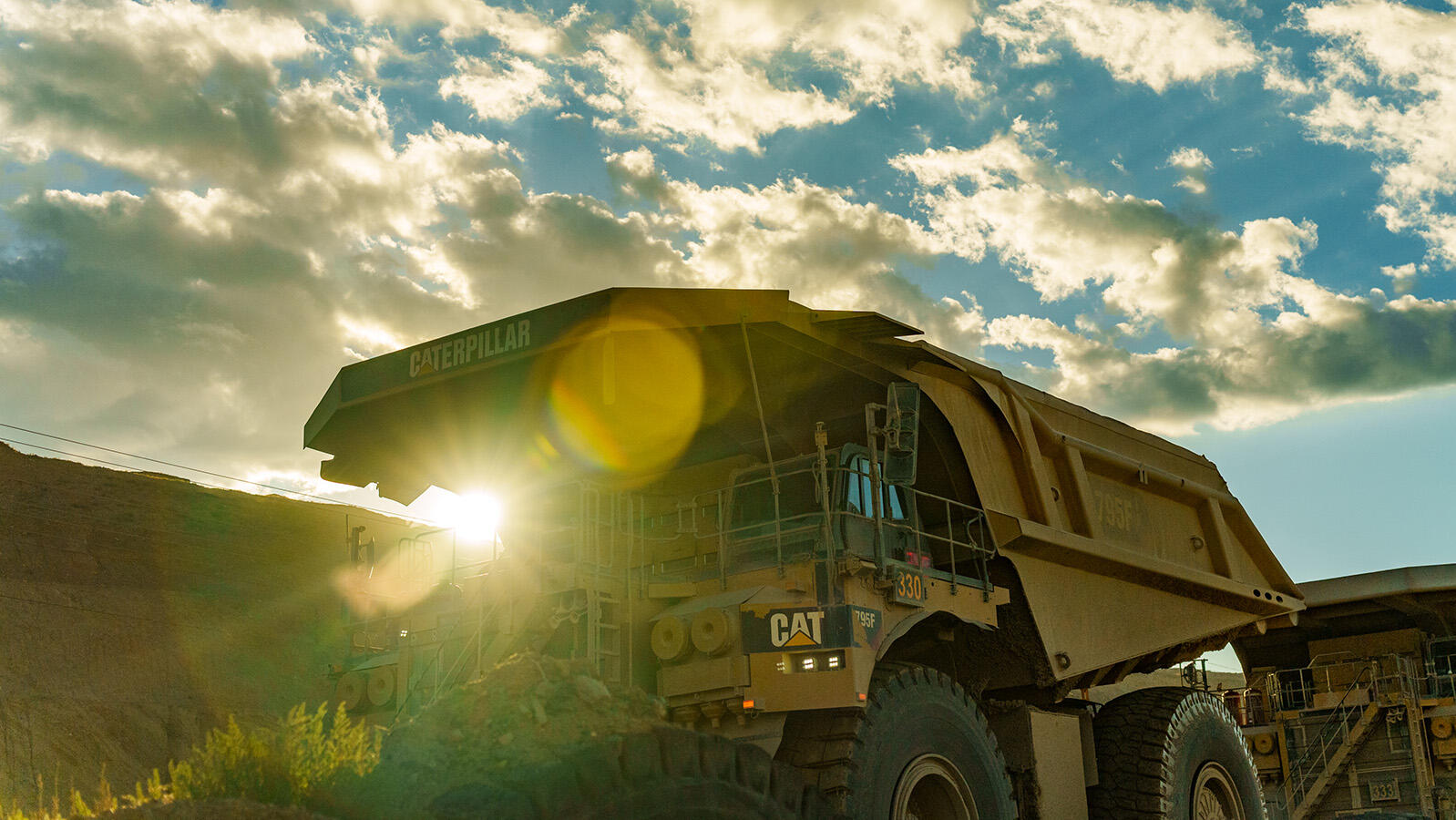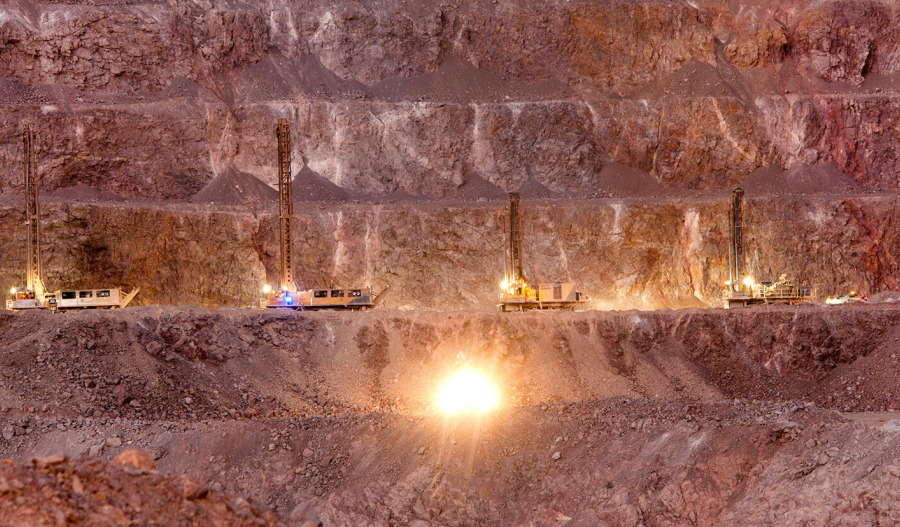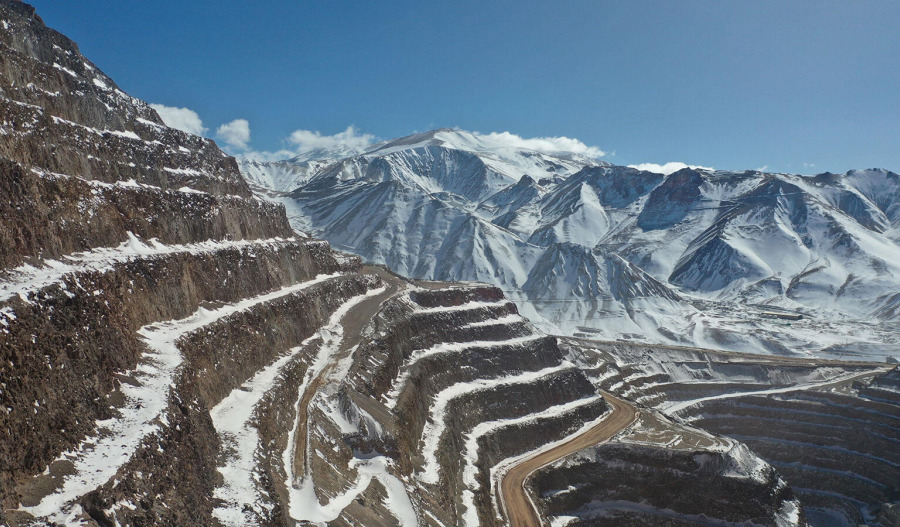Barrick Mining (TSX: ABX, NYSE: B) confirmed the immediate departure of president and CEO Mark Bristow on Monday, ending a near seven-year tenure marked by strong returns but overshadowed by its catastrophic Mali dispute.
The 66-year-old South African will be replaced on an interim basis by Mark Hill, a 20-year company veteran currently overseeing Latin American and Asia Pacific operations.
The miner has provided no explanation for the exit, and the timing caught markets off guard.
Bristow told analysts in May he planned to remain until 2028 to oversee Reko Diq, Barrick's massive copper-gold project in Pakistan.
"This is clearly an abrupt transition," BMO Capital Markets analyst Matthew Murphy wrote, noting media reports had historically discussed succession planning but nothing imminent.
From Randgold founder to merger architect
Bristow built his reputation founding Randgold Resources in 1995, growing it from West African exploration roots into a FTSE 100 gold producer.
When Barrick acquired Randgold for US$6.5 billion in 2019, the smaller company's CEO took the helm of what was then the world's largest gold producer by output.
Bristow promised to restructure an industry he'd once criticised for operating “at a loss”, and the early wins came quickly.
Within months, he negotiated a Nevada joint venture with rival Newmont, consolidating assets into Nevada Gold Mines and generating billions in synergies.
The scorecard
During Bristow's tenure, Barrick:
- Returned US$6.7 billion to shareholders through dividends and buybacks
- Reduced net debt by US$4 billion
- Integrated Randgold operations and streamlined the portfolio
- Sold its last Canadian mine, Hemlo, for up to US$1.09 billion earlier this month
- Shifted its primary listing from Toronto to New York
But the company has slipped from world's largest gold producer to third, overtaken by Newmont and Canadian rival Agnico Eagle Mines.
Output declined to 3.9 million ounces (Moz) in 2024 from 5.4Moz in 2019, while all-in sustaining costs increased from US$894 to US$1,484/oz, according to Scotiabank.
Mali disaster defines legacy
The unresolved Mali crisis became the defining challenge of Bristow's tenure.
When Mali's military junta rewrote mining codes in 2023 demanding higher royalties and equity stakes, Barrick resisted while competitors Allied Gold and B2Gold reached agreements.
Tensions escalated dramatically when four Barrick executives were jailed. Malian authorities also issued an arrest warrant for Bristow, blocked exports, and seized company bullion.
By January this year, Barrick had shut down the mine entirely and the situation deteriorated further in June, when Mali placed Loulo-Gounkoto under state control.
The miner booked a US$1 billion impairment charge in August on its 80% stake in the operation, which had generated 15% of total gold output.
"The failure of Barrick under Bristow to come to a resolution with the Malian government is weighing on the company," Matthew Hasson of Hannam & Partners said.
"The new management should come to some sort of commercial agreement and sell the Malian assets to another miner since Barrick is, in effect, persona non grata there."
Market reaction mixed
Alexander Hacking at Citigroup noted the unexpected timing, questioning whether the change signals bigger strategic shifts.
"A new CEO could bring a new strategy in Mali, at Reko Diq or for the portfolio. Barrick's particular mix of assets…is arguably holding back its valuation," Hacking said.
Jefferies Canada also sees potential strategic pivots ahead.
"Given the market's recent positive reception to Barrick's growing Fourmile deposit in Nevada, we see focus turning to that region.
"We would not be surprised if the company reduces exposure to geopolitically-sensitive regions."
Bristow's departure coincides with Newmont naming Natascha Viljoen as its incoming CEO, adding to significant leadership transitions across the gold sector as prices hit record highs of US$3,865/oz.
Shares traded slightly down at US$34.48 on Wall Street following Monday's confirmation, despite gold's 99% price surge over the past five years.
The board says it has formed a search committee and engaged an executive search firm to find a permanent replacement - leaving Hill to steady operations while Barrick attempts to move beyond its African troubles.



